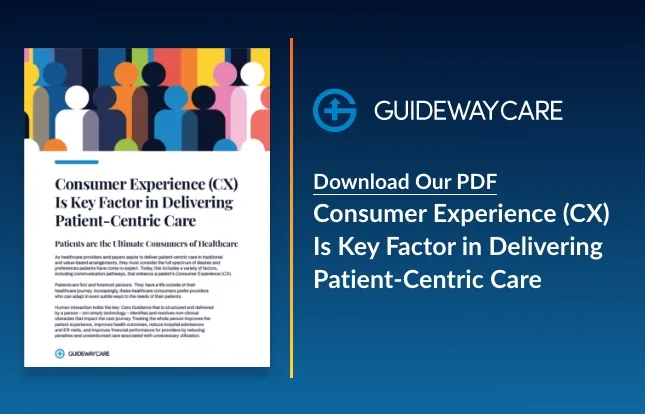What To Check for When Selecting A Patient Engagement Platform?

As technology advances and the healthcare industry shifts to value-based care, it is more important than ever for healthcare providers to find innovative ways to engage patients in their care.
Patient-centered Care has become the gold standard of healthcare, and technology can help make it easier to communicate with patients. According to the World Health Organization, a patient engagement platform lets patients be more actively involved in their healthcare, from scheduling appointments to managing medications.
Read more: What Is Person-centered Care, and How Can it Improve Healthcare?
One of the best ways to engage patients is through a patient engagement platform. These platforms offer customizable tools to help providers communicate more effectively and efficiently with their patients.
When selecting the right platform for your organization, here are five features you must have:
1) Scheduling and Appointment Reminders
Specialty medical services oncology, orthopedics, and urgent care can benefit from an automated appointment scheduler. This feature allows patients to schedule appointments online or via text message. Also, the platform should be able to send out reminders in different formats like email, text, call, or even postcards.
A scheduling solution comes with automated features like:
a) Payment processing
b) Confirmations
c) Appointment reminders
2) Secured Data Transmission
The security of patient data is a significant concern for healthcare providers, and selecting a platform with secure data transfer capabilities is essential. Look for platforms with encryption technology, robust authentication protocols, and the ability to monitor user activity.
For example, messaging platforms should offer end-to-end encryption, ensuring that data is secure when in transit. It’s also essential to evaluate the platform’s user authentication and identity verification level.
3) Automated Insurance Eligibility Verification
Healthcare insurance eligibility verification can be a time-consuming process. When selecting a patient engagement platform, look for one that offers automated insurance eligibility verification. This feature ensures that patients are quickly informed of their coverage status and helps reduce errors caused by manual data entry.
Pre-verified insurance policies offer financial security to both hospitals and patients. For the patient, it helps them understand how much they are expected to pay for a treatment or procedure before receiving care. And for hospitals, being informed of a patient’s insurance coverage ahead of time reduces billing issues and improves cash flow.
4) Multi-device Access
Patients should be able to access the platform from any device, including desktops, laptops, tablets, and phones. The platform should also offer multiple browser support for improved accessibility.
Smartphone applications can offer features like:
a) online appointment scheduling
b) reminders for upcoming appointments and treatments
c) access to medical records
d) secure messaging with healthcare providers.
5) Scalability and Integration
As your healthcare organization grows, the patient engagement platform should be able to grow with you. Check for a solution that can easily integrate with other systems and add features as needed without needing to switch platforms. Additionally, the system should be able to scale up or down based on user demand, so your investment remains relevant.
For the best healthcare patient engagement platform, contact Guideway. With EHR/EMR integration, Guideway simplifies patient engagement and helps providers gather real-time data. Our team understands how valuable it is for providers to improve patient engagement, so we ensure our platform offers the features you need to do just that.
Contact Us Today To Learn How We Can Help
"*" indicates required fields




